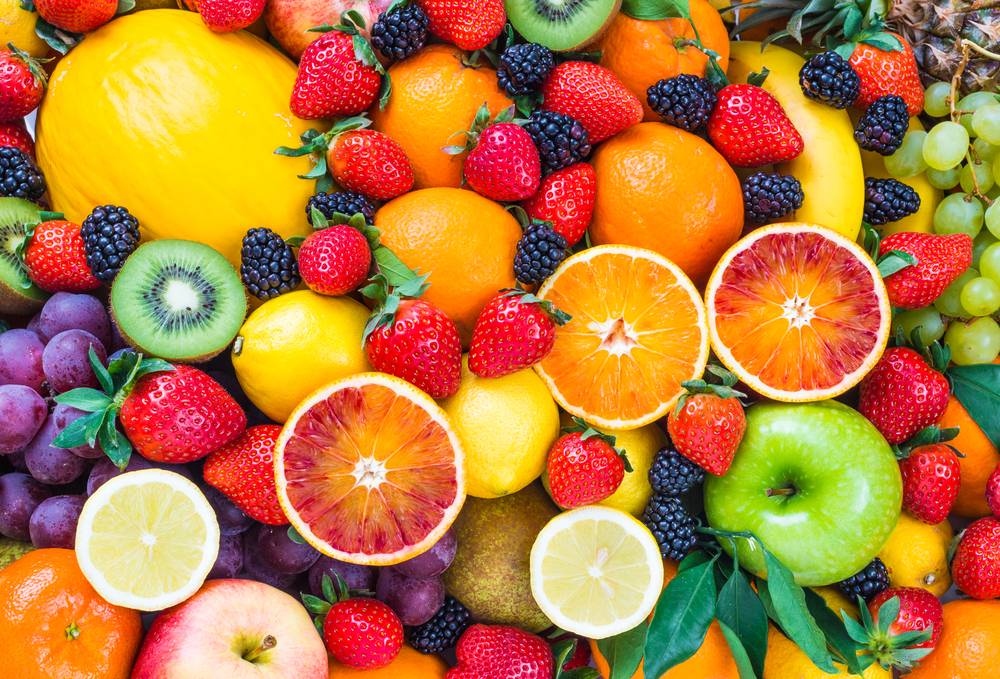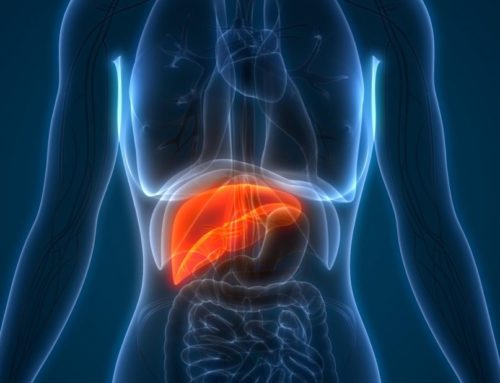There’s all this talk about sugar out there – is it bad for you? It is OK to eat?
A New York Times article published in January 2017 about sugar, fat and obesity breathed some new life into this debate. With 61 percent of the American diet filled with processed food – and all that food likely contains sugar in one form or another — how much we’re eating does raise some cause for concern.
What some may not know, however, is that there are a bunch of types of sugar out there. Some are processed, called refined, and others occur naturally, called natural sugars. What’s the difference? Is one better for you than the other?
Sugar in Many Forms
Sugar is a form of carbohydrate, which your body needs for energy. The body breaks down all sugars into glucose, which is then used by every cell in your body.
The form of sugar that you probably think of first is the refined white sugar used for things like baking or putting in your coffee. This sugar is produced by putting sugarcane through a series of crushing, mixing and filtering processes to create the fine, white crystals in your sugar jar. This is generally referred to as sucrose, but there are other processed sugars with different names, including high fructose corn syrup, that sneak their way onto your grocery list through the different packaged foods you buy.
On the other hand, there are sugars that are naturally found in foods, such as lactose and fructose. Lactose is found in dairy products, while fructose can be found in fruit. Ingesting high amounts of either of these can still cause that famous sugar spike and crash, or the excess can be stored as fat in your body.
Is Natural Sugar Better Than Refined Sugar?
While all types of sugars in large amounts can have similar negative effects on your health, the difference lies in how your body absorbs these sugars. Unlike table sugar, fruits have a ton of nutrients and fiber, which creates a nice bundle for your body to work with to slow down the process of sugar absorption. While glucose is processed in the intestinal tract, fructose is broken down by the liver, where it doesn’t prompt an insulin response. This avoids a dramatic spike in blood sugar. Not to mention, fruit leaves you feeling more full, so it becomes harder to go overboard on sugar intake with fruit than refined sugar.
In general, fruits like apples, peaches and pears are very nutritious foods. They have many health benefits: they have antioxidants to fight infections and phenols that could prevent the buildup of plaque in your arteries. What they say really is true: An apple a day keeps the doctor away!
While it’s always a good idea to watch your sugar intake, you may want to consider reaching for fruit instead of a candy bar for your next snack. You’ll get the health benefits your body needs while satisfying your sweet tooth.





